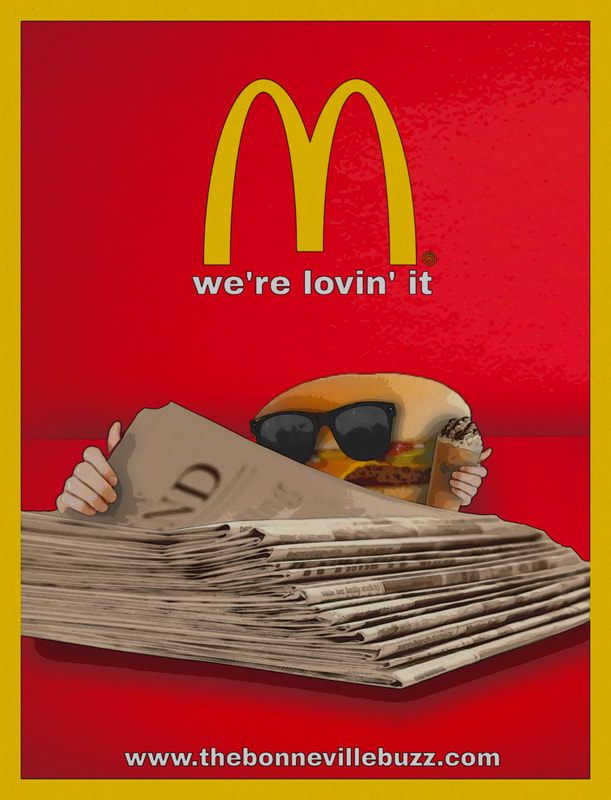|
Ash Merritt
Assistant Editor Taking care of babies can be a difficult experience as well as a look into the delightful parts of having a baby. Bonneville High School provides students with a Child Development class to learn about becoming a parent. Taught by Mrs. Child, the class teaches students about all aspects of childbirth and parenting like anatomy, conception, development, and cost. One of the main projects called the “Baby Think it Over.” This project consists of taking a robotic baby for a three to four day period and taking care of the baby as if it was real. Many individuals choose the weekend to take a baby because they would prefer to care for the baby outside of school hours. Aspen Gooding, a freshman, explains she did not want the baby during school as she “didn't want to be embarrassed at school” because of the baby crying in the middle of class or carrying a baby around the halls. Additionally, she could spend more time with the baby if she took it for the weekend. Other students choose to take the baby from Tuesday evening to Thursday morning instead of over the weekend. Ashley Delehanty, a freshman, explains that she took the baby for the weekdays because she “didn't want to have [her] weekend dedicated to a baby doll.” Similarly to having a real child, caring for the robotic baby comes with a few challenges. One of the many dilemmas parents face is not having the tools to take care of the child. Unlike reality, this class gives students some tools: a bottle, two diapers, and a carrier. Since parents are not given all necessities in real life, students must bring one outfit and a blanket for the baby because parents are not given everything it would need in real life. Other challenges are night time; the robotic babies do not care what time it is, and it will cry in the middle of the night. Delehanty discloses that “Some challenges I face[d] while with the baby [were] definitely when I was woken up at night by [the baby]. It helped me realize how hard it must be to be a parent of a real baby.” The babies have four goals the student has to achieve: burping, feeding, rocking, and changing the diaper. Full of sensors, the baby releases different cries based on its needs. The diapers have two different coloured sensors to show the student has changed the diaper; furthermore, the baby coos once the sensors on the baby and diaper connect. As for feeding the baby, there is a magnet on the bottle tip that connects to a sensor in the baby's mouth. Once the bottle is inserted, the baby will begin "eating" and finish with a drinking sound to indicate its done. After eating, the baby must be burped for a maximum of twenty minutes or until a burping sound is made. Just as real life babies these robo babies need to be rocked, and this action is difficult to achieve. Students may accidently rock the baby too harshly or too softly. Once the baby coos, the students can stop rocking the baby. The students are graded based on achieving the needs of the baby and head support. The babies are set up as newborns to teach students to support the head of a baby. If head support is not being done the baby will scream and wail for three minutes; furthermore, the student will be docked ten points for each head support mishap and unmet needs. The project adds up to 200 points. Child Development's baby project shows how difficult child care can be. Furthermore, the students gain a new experience. These sensitive babies may not be real: however, it may leave a deep bond between the student and child.
0 Comments
Leave a Reply. |
Buzz StaffMeet our talented staff, including our advisor and our editors! The Buzzcast PodcastWe have a podcast! By the students and for the students, we supply ideas, entertainment, school events, world news, and more! To stay engaged with the students, staff, and community of Bonneville High School, listen on Spotify, Anchor, Apple Podcasts, and most podcast streaming platforms!
Old Issues and ArchivesThrowback articles, old issues, and archives of the great Bonneville Buzz!
Archives
May 2024
The Buzz PagesSimilar to the printed version of The Buzz, these are categories that organize our stories. Find these specific pages by clicking "more" at the top of the page!
|
